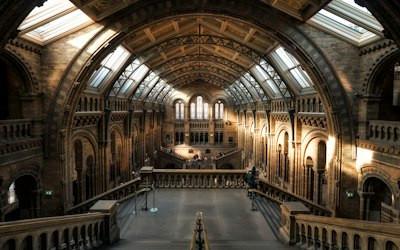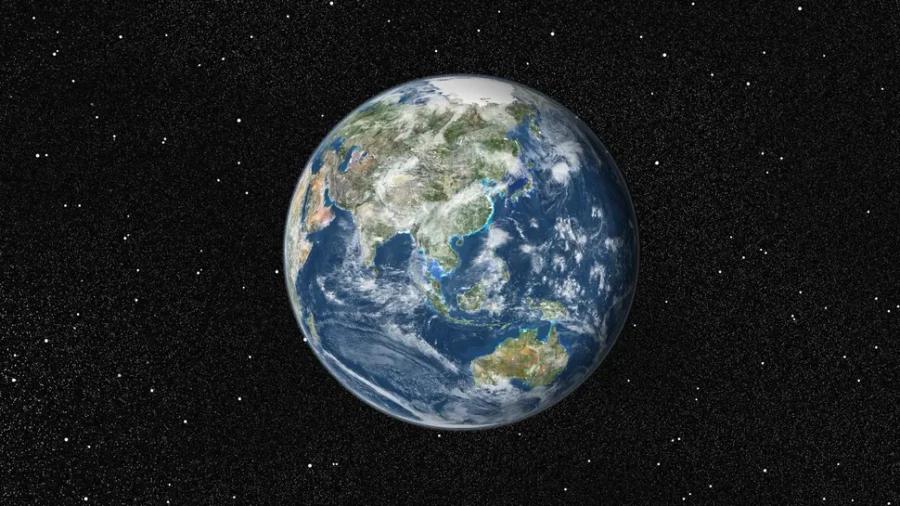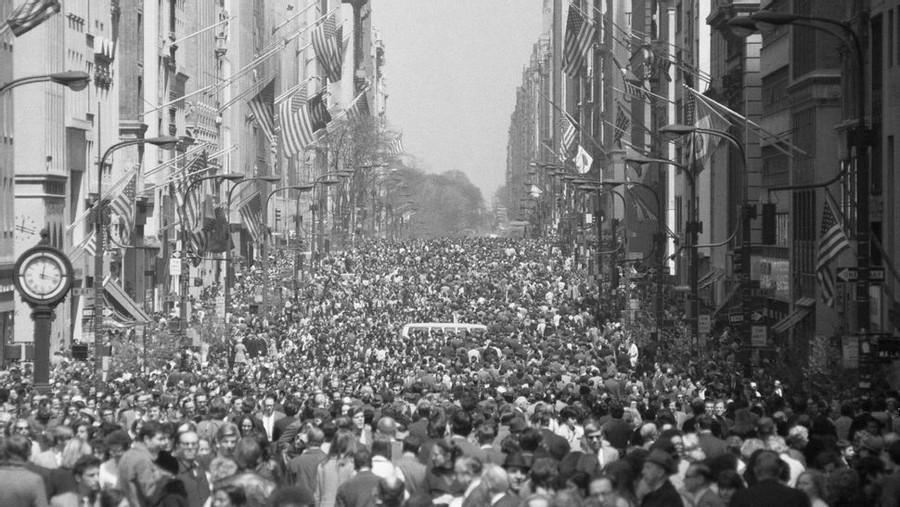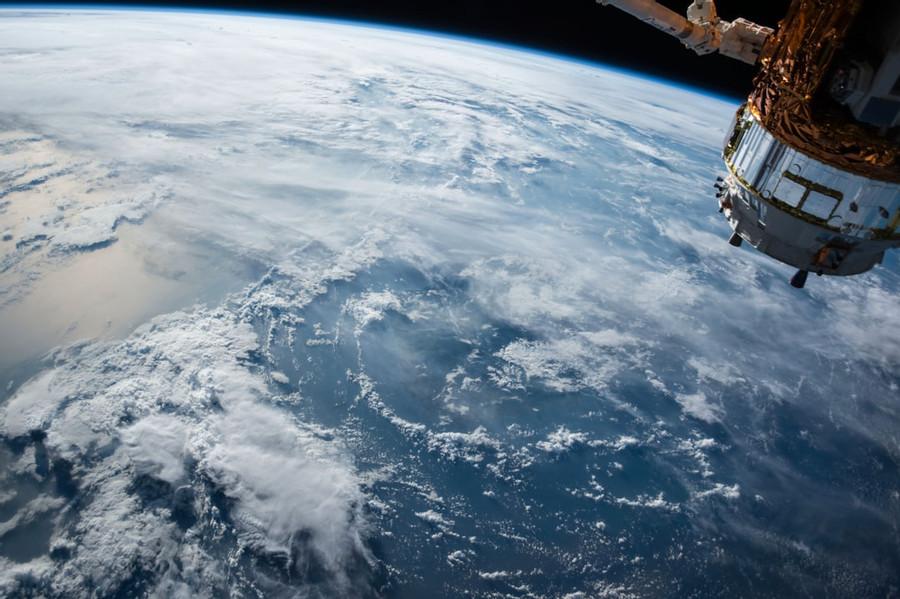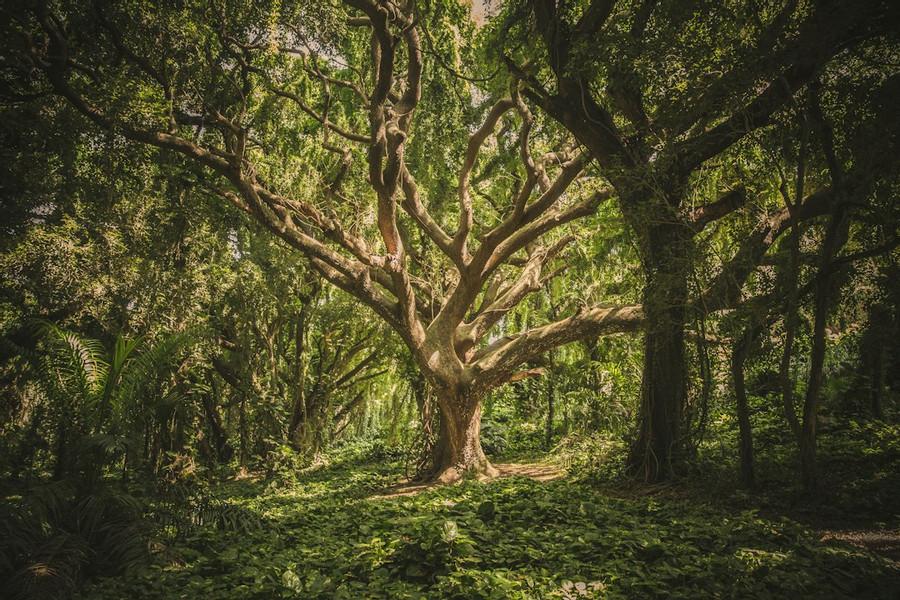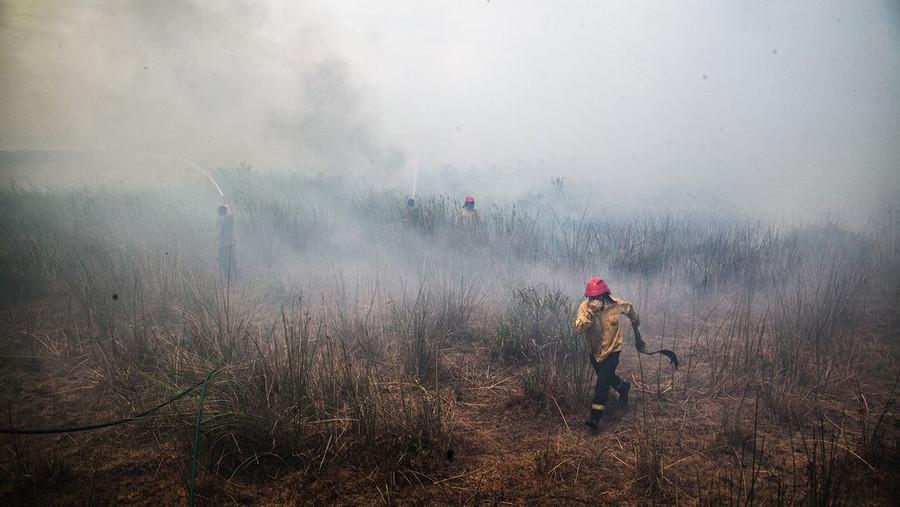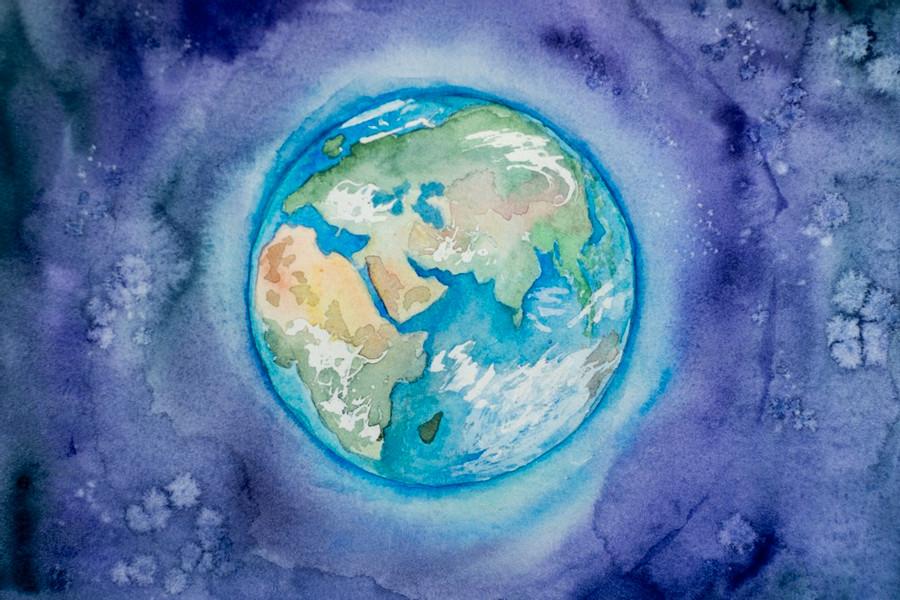Explore the World's Best Ideas
Join today and uncover 100+ curated journeys from 50+ topics. Unlock access to our mobile app with extensive features.
Earth Day
Earth Day is an annual event on April 22 that celebrates the planet Earth and raises public awareness about environmental issues.
The day is observed worldwide with rallies, conferences, school projects and other activities.
Sen. Gaylord Nelson started Earth Day in 1970. The event helped increase public support for the creation of the Environmental Protection Agency (EPA) to address environmental issues.
Earth Day has since contributed to the passage of many environmental laws in the U.S.
7
41 reads
20 Million Americans Together
Earth Day reminds people to think about humanity's values, the threats the planet faces and ways to help protect the environment.
Sen Gaylord Nelson started Earth Day after seeing the environmental damage of an oil spill in Santa Barbara, California in 1969. Inspired by student anti-Vietnam War protests, he organized a national "teach-in" on college campuses that focused on educating the public about the environment.
With a staff of 85 built by Hayes, The senator was able to rally 20 million people across the U.S. on April 22, 1970.
7
19 reads
2022: More Than 50 Earth Days Later
Earth Day 2022 is on Friday, April 22. It will be the 52nd anniversary of Earth Day and marked by various events around the world.
According to EARTHDAY.ORG, a nonprofit that coordinates these events, the theme of Earth Day 2022 is "Invest In Our Planet." This theme is meant to encourage businesses, governments and citizens to act now on climate change and other issues for a sustainable future.
Despite there having been more than 50 Earth Days, climate change and other environmental issues still threaten the health of the planet.
7
18 reads
The Reason To Celebrate Earth Day
Earth Day is celebrated to raise public awareness about the environment and mark the annual anniversary of the first Earth Day.
Climate change is caused by human activities such as burning fossil fuels, which emit heat-trapping carbon dioxide and other greenhouse gases into the atmosphere that raise global temperatures and disrupt weather patterns. The impacts of climate change around the world include extreme weather events such as massive floods and intense wildfires.
In 2021, thousands of scientists warned that ignoring climate change will yield "untold suffering" for humanity.
7
15 reads
The Impact
Earth Day has helped put environmental issues on the national agenda in the U.S. The event also inspired various environmental legislation in the 1970s, including the Clean Water Act (1972) and the Toxic Substances Control Act (1976), according to Columbia University's State of the Planet news website.
And the impact of Earth Day has gone far beyond the U.S. For example, the United Nations General Assembly formally recognized April 22 as International Mother Earth Day in 2009, according to the United Nations Environment Programme.
7
11 reads
The Activities On Earth Day
Each year, organizations and individuals engage in Earth Day activities, projects, and campaigns to promote, protect or restore the environment. Earth Day quizzes are one popular activity, and organizations such as NASA, Conservation International and EARTHDAY.ORG have online quizzes for people to test their environmental knowledge.
Children in the U.S. often celebrate by creating Earth Day-themed school projects such as Earth Day crafts and Earth Day drawings.
7
13 reads
IDEAS CURATED BY
Ralph Caldwell's ideas are part of this journey:
Learn more about scienceandnature with this collection
The differences between Web 2.0 and Web 3.0
The future of the internet
Understanding the potential of Web 3.0
Related collections
Similar ideas
5 ideas
The History of Earth Day | Earth Day
earthday.org
8 ideas
6 activities to celebrate Earth Day at home🌏
rantartlit.blogspot.com
4 ideas
Earth Overshoot Day 2021 Home - #MoveTheDate
overshootday.org
Read & Learn
20x Faster
without
deepstash
with
deepstash
with
deepstash
Personalized microlearning
—
100+ Learning Journeys
—
Access to 200,000+ ideas
—
Access to the mobile app
—
Unlimited idea saving
—
—
Unlimited history
—
—
Unlimited listening to ideas
—
—
Downloading & offline access
—
—
Supercharge your mind with one idea per day
Enter your email and spend 1 minute every day to learn something new.
I agree to receive email updates
